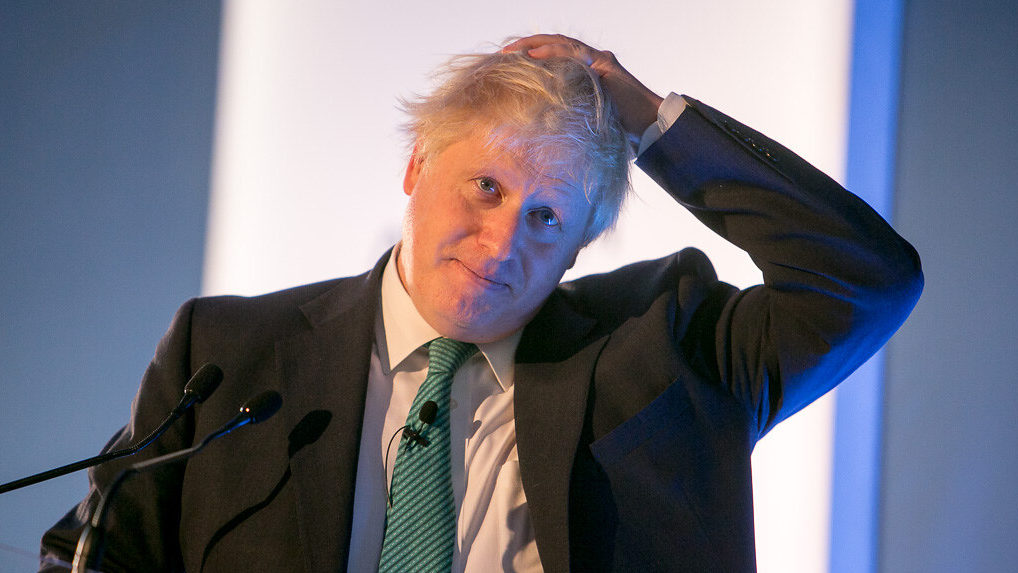There’s no doubt that something remarkable has happened to Boris Johnson and the Conservatives in the past few months.
Just two years ago Johnson led a landslide election victory, apparently reforming the Conservative base around an entirely new set of voters in Labour’s traditional heartlands. If the polls are to be believed, the allegations of parties along Whitehall have ensured that is now completely wiped out.
Until recently, most political commentators would acknowledge that Johnson was slap dash, reckless and economical with the truth. But they would also marvel at his ability to evade any accountability for his actions. Now, it’s like all the accountability built up throughout his political career has crashed down on him at once.
When Jeremy Corbyn was leader of the Labour Party, an atmosphere developed in the country where it became embarrassing to admit you supported the Labour leader. In focus groups it was common for participants to say they could never support Corbyn. When they were asked why, they often couldn’t really give an answer. It wasn’t anything particular he had done that seemed to bother people; it was that, by saying you didn’t like him, you were signalling your own good judgement.
Something similar is happening to Johnson. No one wants to say anything good about him. The pollster James Johnson asked a focus group of Conservative voters who would be likely to vote for Johnson again. No one put their hand up.
Unsurprisingly, a big chunk of progressives – from those in the liberal centre all the way to socialists – are pleased to see Johnson’s downfall. Perhaps by the time you read this he will have been ousted as prime minister, and they will be celebrating. But I would argue that there are warning signs that progressives should be taking note of.





